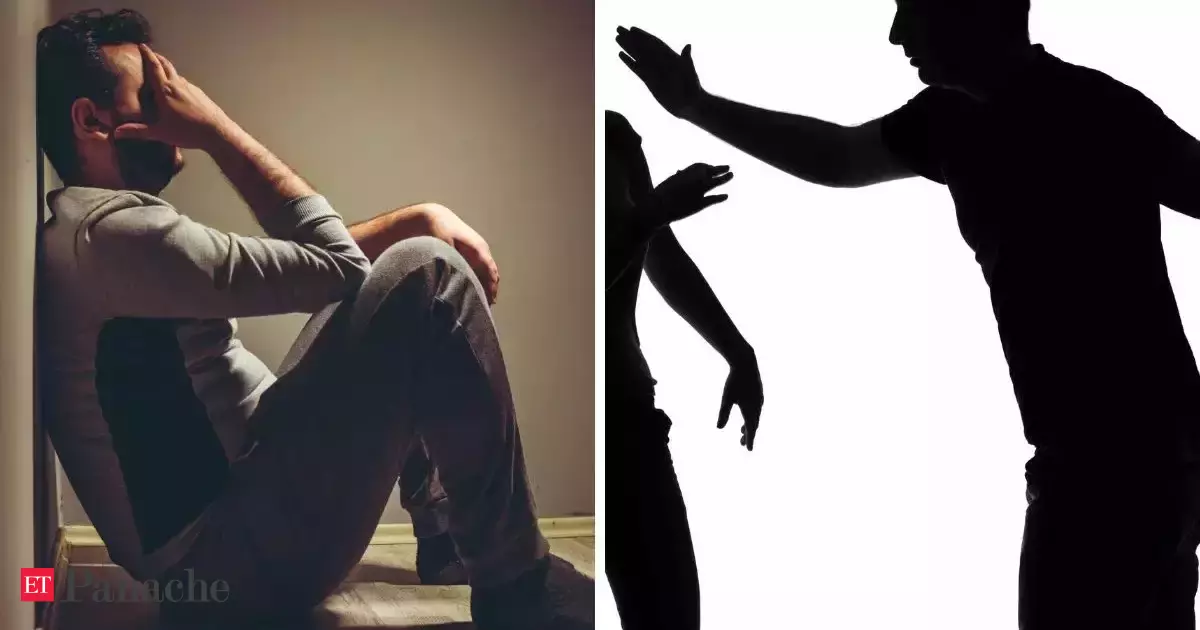Unsettling CCTV Footage Sparks Debate on Mental Health Amidst Slapping Spree in Meerut

A disturbing series of incidents captured on camera in Meerut, Uttar Pradesh, has brought attention to an unusual coping mechanism apparently used by a 23-year-old unemployed man to deal with depression. Kapil Kumar, identified by sources as the prime suspect, has been arrested and booked under Section 115 of the Indian Penal Code for voluntarily causing hurt.
Eyewitnesses reported that Kumar would slap strangers on the streets while riding a scooter, claiming it provided him with a "dopamine rush." The motives behind his actions are shrouded in mystery, but sources reveal Kumar lost his father five years ago and has struggled to cope with depression since. Experts point to a possible link between unemployment and a troubled childhood that led to harassment for being timid.
"The incidents suggest that Kapil Kumar might be grappling with some mental health issues," said Superintendent of Police (Meerut City) Ayush Vikram Singh. "He told us he had suicidal thoughts, which indicates a deeper struggle."
CCTV footage of the incidents has left residents and authorities stunned. The police are racing against time to understand the root cause behind Kumar's actions.
"We're gathering all available information about his medical condition, family background, and access to mental health resources," said Ilam Singh, SHO of Nauchandi, adding that it is unclear if Kumar receives medication for any potential condition.
Kumar's statements have also raised questions about mental health awareness and support systems. His decision to use such an extreme coping mechanism raises red flags about the pressing need for accessible resources.
"Such incidents prompt us to question our approach towards mental health in India," said an expert who wished to remain anonymous. "Public spaces should be safe, and authorities must take immediate action to prevent further harm."
As authorities continue to investigate Kumar's case, residents of Meerut have expressed concern over public safety while others emphasize the need for a more comprehensive conversation about mental health.
A Larger Conversation
The incident has sparked widespread debate on social media, drawing attention to the importance of mental health awareness and addressing personal struggles before they manifest in desperate measures like this. It remains to be seen how authorities will implement changes that would prevent similar incidents from occurring in the future.
For policymakers and health enthusiasts alike, learning from Kumar's experience highlights the need for accessible support systems, public education, and increased focus on building community resources focused on mental well-being.
"We must look beyond simple arrests," said a mental health advocate. "We have to think about the broader systemic issues driving individuals towards desperation."
